In the digital era, data is the lifeblood of every organization. From powering critical business applications to enabling real-time analytics, the ability to store, process, and secure information at scale is essential for competitiveness and growth. Google Cloud’s Data Centers are at the heart of this transformation, combining world-class infrastructure, advanced security, and sustainable operations to deliver the performance businesses need, without compromise.
As a Google Cloud Partner in the GCC since 2011, iSolution has worked with enterprises across industries to harness the power of these data centers, helping them achieve agility, resilience, and efficiency.
1. A Foundation Built for Global Scale
Google operates one of the largest and most advanced data center networks in the world. Strategically located facilities across multiple continents ensure that workloads can run closer to end-users, reducing latency and improving application responsiveness. These data centers are connected by Google’s private fiber-optic network, one of the fastest and most secure in existence. This infrastructure enables organizations to deploy globally distributed applications, replicate data seamlessly, and scale on demand, without worrying about performance bottlenecks.
2. Security by Design
Security is deeply embedded into Google Cloud’s architecture, starting from the physical layer and extending to the network, storage, and application layers.
- Physical Security: 24/7 monitoring, biometric authentication, and multi-layered access controls protect against unauthorized entry.
- Network Security: Google’s proprietary DDoS protection and encryption in transit safeguard against cyber threats.
- Data Protection: All customer data is encrypted by default—both at rest and in transit,ensuring compliance with the most stringent industry regulations, including GDPR and ISO standards.
For businesses in regulated industries such as finance, healthcare, and government, these built-in safeguards make Google Cloud an ideal choice for secure operations.
3. Sustainability at the Core
Beyond performance and security, Google Cloud is a leader in environmental responsibility. All Google Cloud data centers have been operating on 100% renewable energy since 2017, making it one of the most sustainable hyperscalers in the market.
Energy-efficient cooling systems, AI-driven resource optimization, and carbon-neutral operations mean that organizations migrating to Google Cloud are also advancing their ESG (Environmental, Social, and Governance) goals.
4. Unmatched Reliability
Downtime is costly,both financially and reputationally. Google Cloud’s infrastructure is built for high availability, with redundancy and failover mechanisms in place at every level.
Through multi-region replication and automated backup strategies, businesses can ensure business continuity even in the event of hardware failure or natural disasters. This reliability is backed by industry-leading SLAs, giving organizations peace of mind that their workloads are always accessible.
5. Empowering GCC Businesses with iSolution
At iSolution, we help organizations in the GCC region unlock the full potential of Google Cloud’s data centers. Our expertise covers:
- Cloud Migration: Seamless, low-risk migration of workloads and data.
- Optimization: Tailoring cloud environments for cost efficiency and performance.
- Security & Compliance: Ensuring alignment with local regulations and global standards.
- Innovation Enablement: Leveraging AI, data analytics, and modern applications on top of GCP’s infrastructure.
Conclusion
Google Cloud’s data centers are more than just physical facilities,they are innovation hubs that power modern business transformation. With world-class security, unmatched reliability, sustainable operations, and global scalability, they offer enterprises the foundation they need to succeed in a digital-first world.
By partnering with iSolution, businesses in the GCC can confidently embrace this infrastructure, knowing they have a trusted advisor to guide them every step of the way.
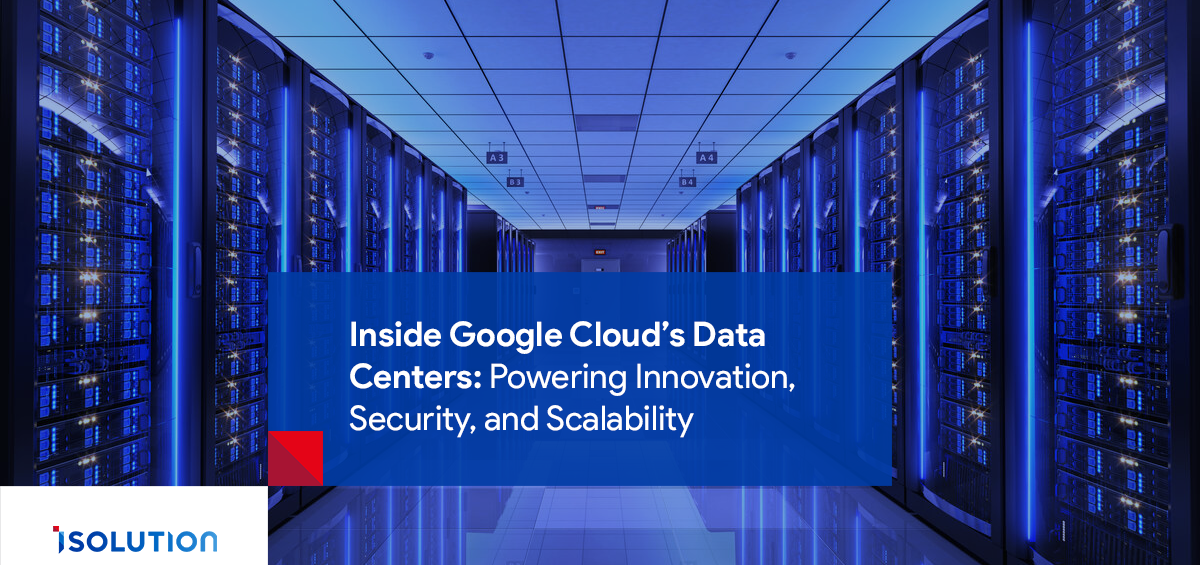
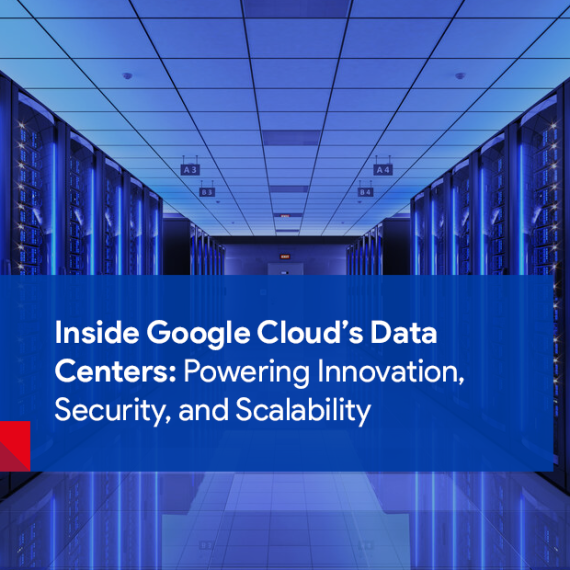

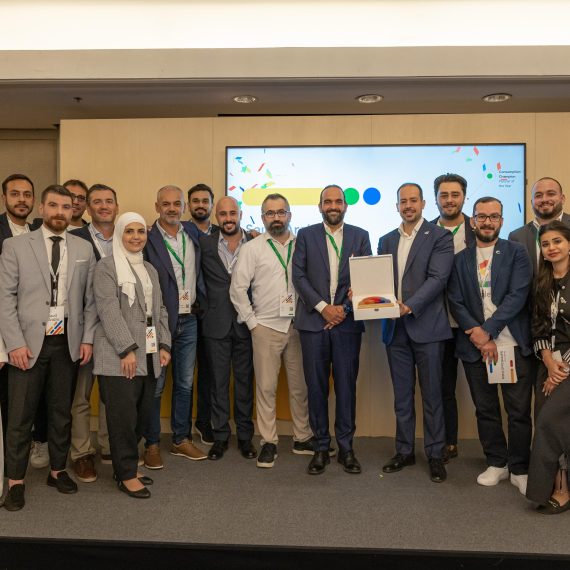
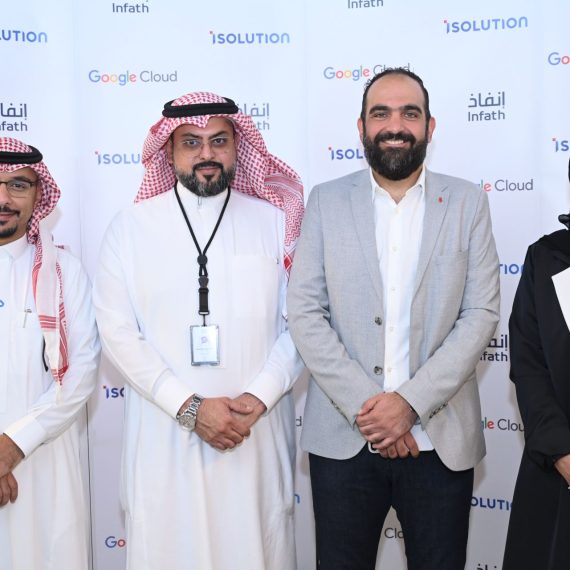

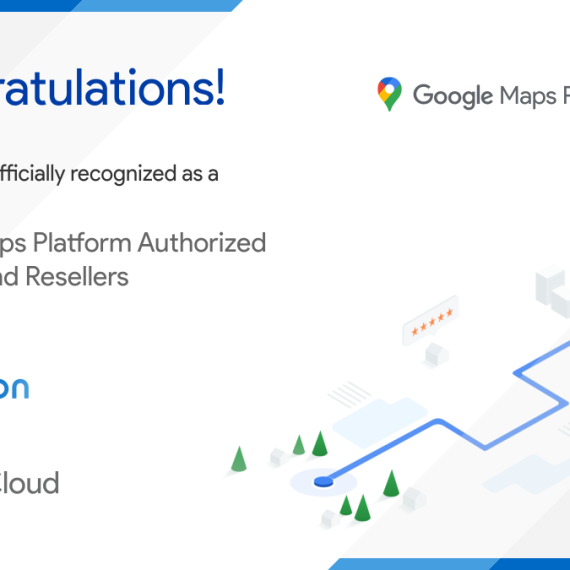
Leave a Comment